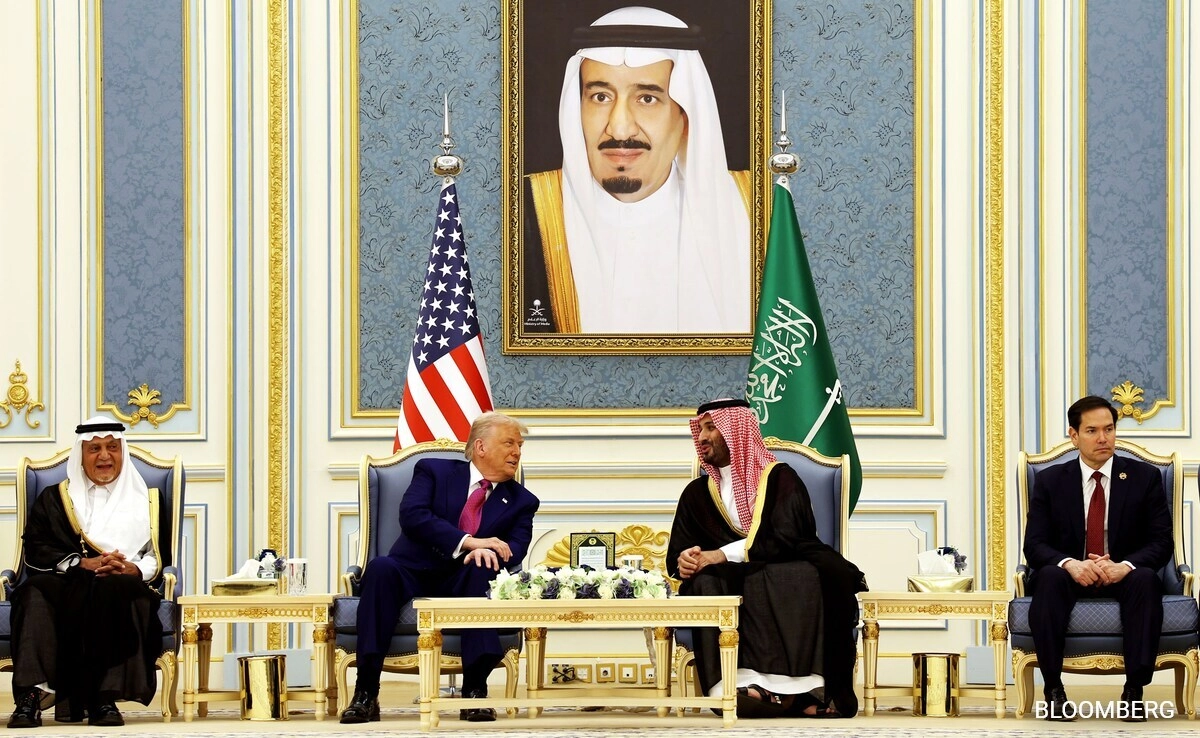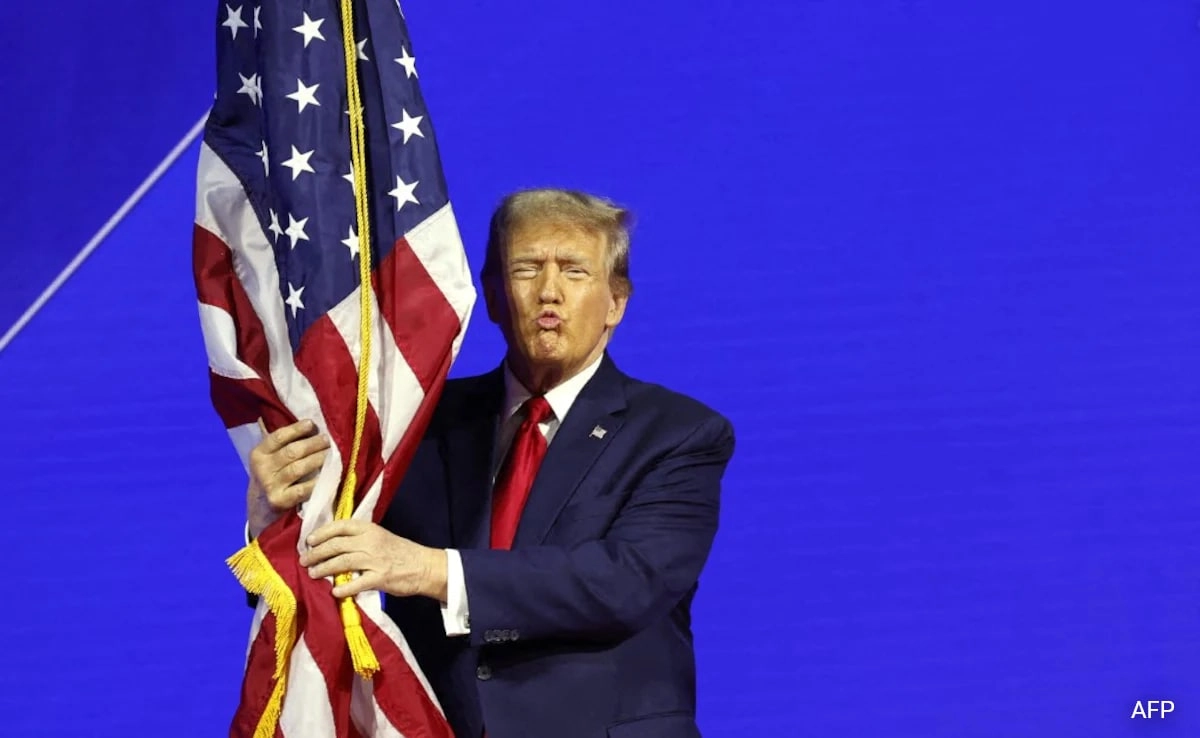In a recent policy speech focused on U.S.-Saudi Arabia relations, former President Donald Trump emphasized his approach to dealmaking, placing it above human rights considerations. He outlined his vision for a renewed partnership with Saudi Arabia, framing it as pivotal for both American interests and regional stability. Trump’s perspective suggests that the economic and strategic benefits of a robust alliance with the Kingdom outweigh the potential criticisms associated with its human rights record. This stance has sparked a debate about the balance between realpolitik and ethical governance, particularly concerning America’s role in promoting human rights globally.
Trump’s prioritization of dealmaking resonates with his administration’s previous policies, where economic interests often took precedence over moral imperatives. He reiterated the importance of securing lucrative trade agreements and military contracts, arguing that these relationships can facilitate broader cooperation on security issues in the Middle East. By focusing on tangible benefits such as jobs and economic growth, Trump aims to appeal to a domestic audience that values economic prosperity over foreign policy idealism. However, critics argue that this transactional approach undermines the United States’ historical commitment to human rights advocacy, potentially enabling authoritarian regimes to continue oppressive practices without accountability.
The implications of Trump’s speech extend beyond bilateral relations with Saudi Arabia. His comments reflect a larger trend in international diplomacy where economic pragmatism increasingly supersedes moral considerations. This shift raises questions about the future of U.S. foreign policy, especially as global power dynamics evolve. As authoritarianism resurfaces in various regions, the challenge for American leadership will be to navigate these complexities without compromising core values. While dealmaking may yield immediate benefits, the long-term consequences of sidelining human rights could destabilize relations with other nations and diminish America’s credibility on the world stage.
In summary, Trump’s recent remarks underscore a significant pivot in U.S. foreign policy discourse, where the allure of economic gain can overshadow pressing ethical issues. As he advocates for a stronger partnership with Saudi Arabia, the tension between pragmatic dealmaking and human rights advocacy remains a crucial point of contention in shaping America’s role in the world. The challenge lies in finding a sustainable balance that fosters both economic partnerships and the promotion of democratic values and human rights, ensuring that the U.S. does not compromise its principles in the pursuit of short-term gains.




